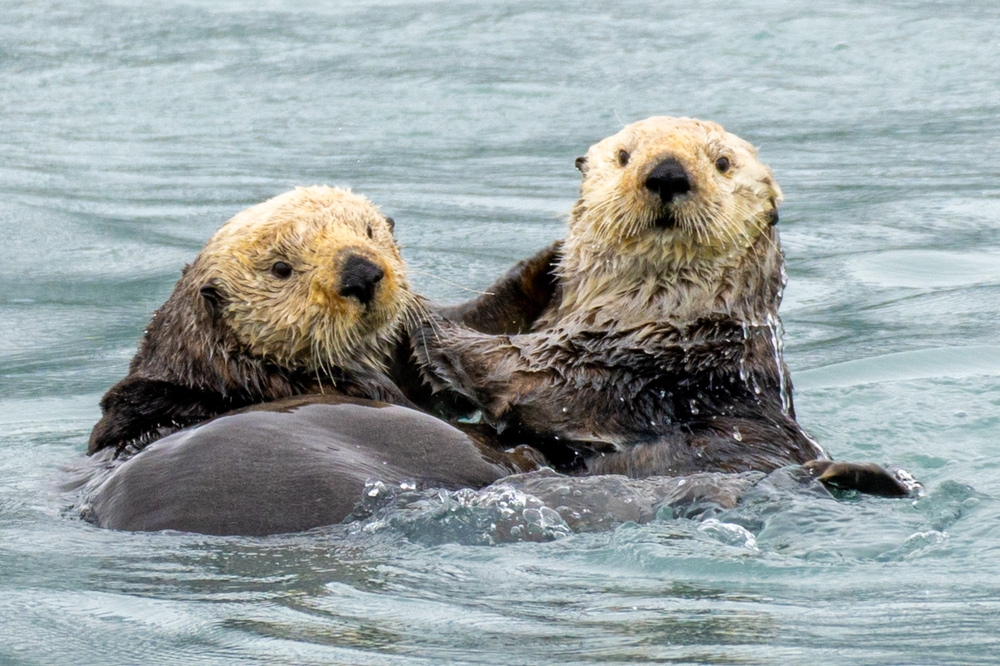Unveiling the Intricacies of Otter Behavior: A Dive into the Aquatic Weasels' World
Otters, the aquatic furballs known for their playful antics, have been a subject of fascination for nature lovers and researchers alike. This article dives deep into the world of otters, uncovering their unique behaviors, survival strategies, and the latest discoveries surrounding these endearing creatures.

A Historical Rundown on Otters
Otters belong to the Mustelidae family, which includes weasels, badgers, and ferrets. With 13 species spread across the globe, their history dates back to the late Miocene era, around 5 million years ago. The fossil record shows that their ancestors gradually adapted to aquatic life, evolving the webbed feet, streamlined bodies, and dense fur that define modern otters.
Delving into Otter Behavior
Otters are renowned for their seemingly playful behavior, which includes sliding down riverbanks, juggling stones, and wrestling with their kin. However, these actions are not just for fun; they serve several survival functions. For instance, sliding helps otters move quickly to escape predators or chase prey, and juggling stones could be a way to hone their hunting skills.
Notable Developments and Discoveries
Recent research has shed new light on otter communication. The vocalizations, previously thought to be just noise, have been found to contain complex information. For instance, a mother otter uses distinct calls to instruct her pups, while males have specific cries to establish territory.
Otters and the Pet Market
While otters may appear to be ideal pets due to their adorable looks and playful antics, their ownership is fraught with challenges. Otters are wild animals and require specific care that most households cannot provide. Moreover, the illegal pet trade threatens wild otter populations, leading to a rise in their conservation status from ‘Least Concern’ to ‘Vulnerable’. Owning an otter can cost anywhere from $1,000 to $5,000 in the United States, excluding maintenance costs.
The Impact of Otters on Ecosystems
Otters play a critical role in maintaining the balance of their ecosystems. As top predators, they control populations of fish and invertebrates, preventing these species from overpopulating and degrading the habitat. Moreover, their foraging activity stirs up sediment, increasing water clarity and boosting overall biodiversity.
In conclusion, otters are far more than just adorable aquatic clowns. They are complex creatures with intricate behaviors and significant ecological roles. As we continue to unravel the mysteries of otter behavior, it becomes increasingly clear that these charming creatures deserve our admiration, respect, and protection.




